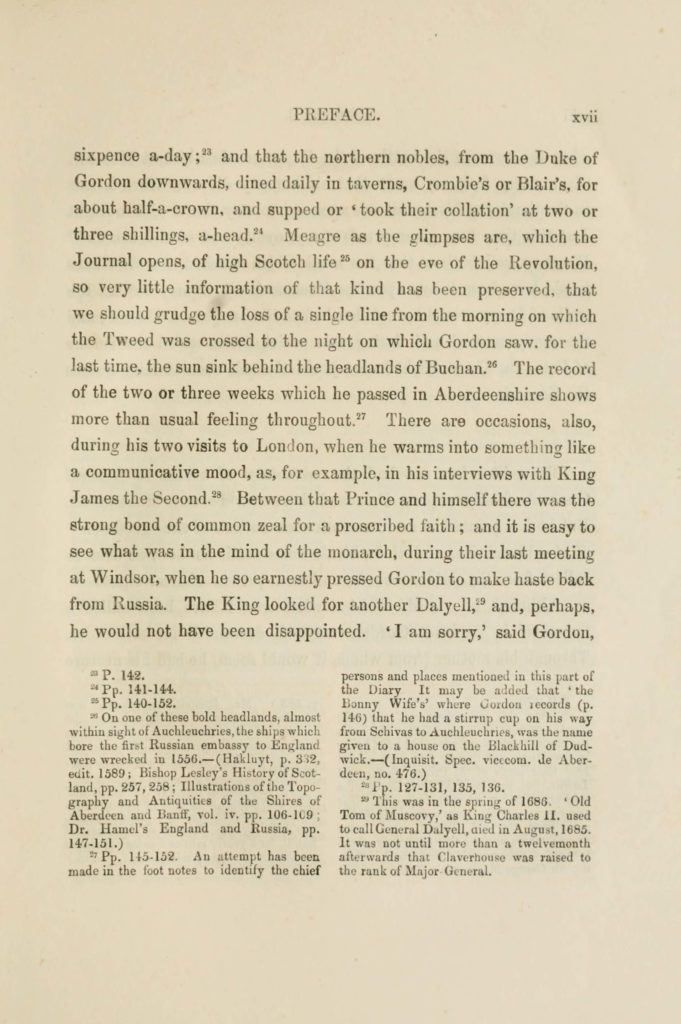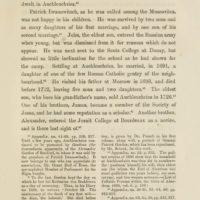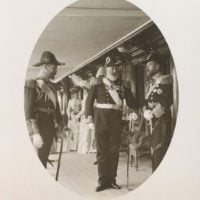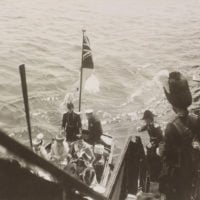
Related

PREFACE. xxi grave, his grandson was a landless man, and another race of Gordons dwelt in Auchleuchries

PREFACE. xiii King Charles Gustavus of Sweden was mustering for the invasion of Poland.

XX PREFACE. family debts, that Patrick Gordon makes his first appearance.
![1666] DIARY OF PATRICK GORDON. 6S Here wee gott horses and waggons](https://cdn2.picryl.com/thumbnail/1699/12/31/1666-diary-of-patrick-gordon-6s-here-wee-gott-horses-and-waggons-f89821-200.jpeg)
1666] DIARY OF PATRICK GORDON. 6S Here wee gott horses and waggons

King Edward VII, King George V, then Prince of Wales and Nicholas II

XXXVl CONTENTS. The Czar returns to Moscow. His thanks to Gordon. Farther punishment of the Strelitzes

King Edward VII and Queen Alexandra

The Emperor Nicholas II, as I knew him by Sir John Hanbury-Williams

The Emperor Nicholas II, as I knew him by Sir John Hanbury-Williams
PREFACE. xvii sixpence a-day ;^^ and that the northern nobles, from the Duke of Gordon downwards
Summary
Passages from the diary of General Patrick Gordon of Auchleuchries : A.D. 1635-A.D. 1699"
PREFACE. xvii
sixpence a-day ;^^ and that the northern nobles, from the Duke of
Gordon downwards, dined daily in taverns, Crombie's or Blair's, for
about half-a-crown, and supped or « took their collation' at two or
three shillings, a-head.-^' Meiigre as the glimpses are, which the
Journal opens, of high Scotch life^^ on the eve of the Revolution,
so very little information of that kind has been preserved, that
we should grudge the loss of a single line from the morning on which
the Tweed was crossed to the night on which Gordon saw. for the
last time, the sun sink behind the headlands of Buchan.'^^ The record
of the two or three weeks which he passed in Aberdeenshire shows
more than usual feeling throughout." There are occasions, also,
during his two visits to London, when he warms into something like
a communicative mood, as, for example, in his interviews with King
James the Second.-^ Between that Prince and himself there was the
strong bond of common zeal for a proscribed faith ; and it is easy to
see what was in the mind of the monarch, during their last meeting
at Windsor, when he so earnestly pressed Gordon to make haste back
from Russia. The King looked for another Dalyell,^^ and, perhaps,
he would not have been disappointed. ' I am sorry,' said Gordon,
^ P. 142. persons and places mentioned in this part of
=^Pp, l-il-H't. the Uiary It may be added that 'the
-*Pp. 140-152. iJonny Wife's' where ooidon lecords (p.
-""On one of these bold headlands, almost HG) that he had a stirrup cup on his way
-within sight of Auchleuchries, the ships which from Schivas to Auchleuchnes, was the name
bore the first Russian embassy to England given to a house on the Black hill of Dud-
were wrecked in 1556. — (Hakluyt, p. 332, wick. — (Inquisit. Spec, victcom. Je Aber-
euit. 1589; Bishop Lesley's History of Scot- deen, no. 476.)
land, pp. 257, 258 ; Illustrations of the Topo- 'Tp. 127-131, 135, 136.
graphy and Antiquities of the Shires of ^^ This was in the spring of 1686. 'Old
Aberdeen and Banff, vol. iv. pp. 106-1C9 ; Tom of Muscovy,' as King Charles H. used
Dr. Hamel's England and Russia, pp. to call General Dalyell.aicd in August, 1685.
147-151.) It was not until more than a twelvemonth
"'Pp. 115-152. An attempt has been afterwards that Claverhouse was raised to
made in the footnotes to identify the chief the rank of Major General.
Gordon was brought up and remained a lifelong Roman Catholic, at a time when the Church was being persecuted in Scotland. At age of fifteen, he entered the Jesuit college at Braunsberg, East Prussia, then part of Poland. In 1661, after many years experiences as a soldier of fortune, he joined the Russian army under Tsar Aleksei I, and in 1665 was sent on a special mission to England. After his return, he distinguished himself in several wars against the Turks and Tatars in southern Russia. In recognition of his service he was promoted to major-general in 1678, was appointed to the high command at Kiev in 1679, and in 1683 was made lieutenant-general. In 1687 and 1689 he took part in expeditions against the Tatars in the Crimea, being made a full general. Later in 1689, a revolution broke out in Moscow, and with the troops under his command, Gordon virtually decided events in favor of Peter the Great against the Regent, Tsarevna Sophia Alekseyevna. Consequently, he was for the remainder of his life in high favor with the Tsar, who confided to him the command of his capital during his absence from Russia. In 1696, Gordon's design of a "moveable rampart" played a key role in helping the Russians take Azov. One of Gordon's convinced the Tsars to establish the first Roman Catholic church and school in Muscovy, of which he remained the main benefactor and headed the Catholic community in Russia until his death. For his services his second son James, brigadier of the Russian army, was created Count of the Holy Roman Empire in 1701. At the end of his life the Tsar, who had visited Gordon frequently during his illness, was with him when he died, and with his own hands closed his eyes. General Gordon left behind him a uniquely detailed diary of his life and times, written in English. This is preserved in manuscript in the Russian State Military Archive in Moscow. Passages from the Diary of General Patrick Gordon of Auchleuchries (1635–1699) was printed, under the editorship of Joseph Robertson, for the Spalding Club, at Aberdeen, Scotland, 1859.
